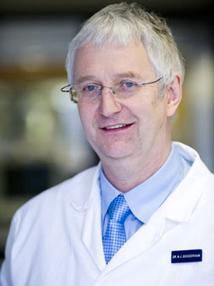BibTex format
@article{Li:2021:10.1186/s40168-021-01086-x,
author = {Li, J},
doi = {10.1186/s40168-021-01086-x},
journal = {Microbiome},
title = {Roux-en-Y Gastric bypass-induced bacterial perturbation contributes to altered host-bacterial co-metabolic phenotype},
url = {http://dx.doi.org/10.1186/s40168-021-01086-x},
volume = {9},
year = {2021}
}

